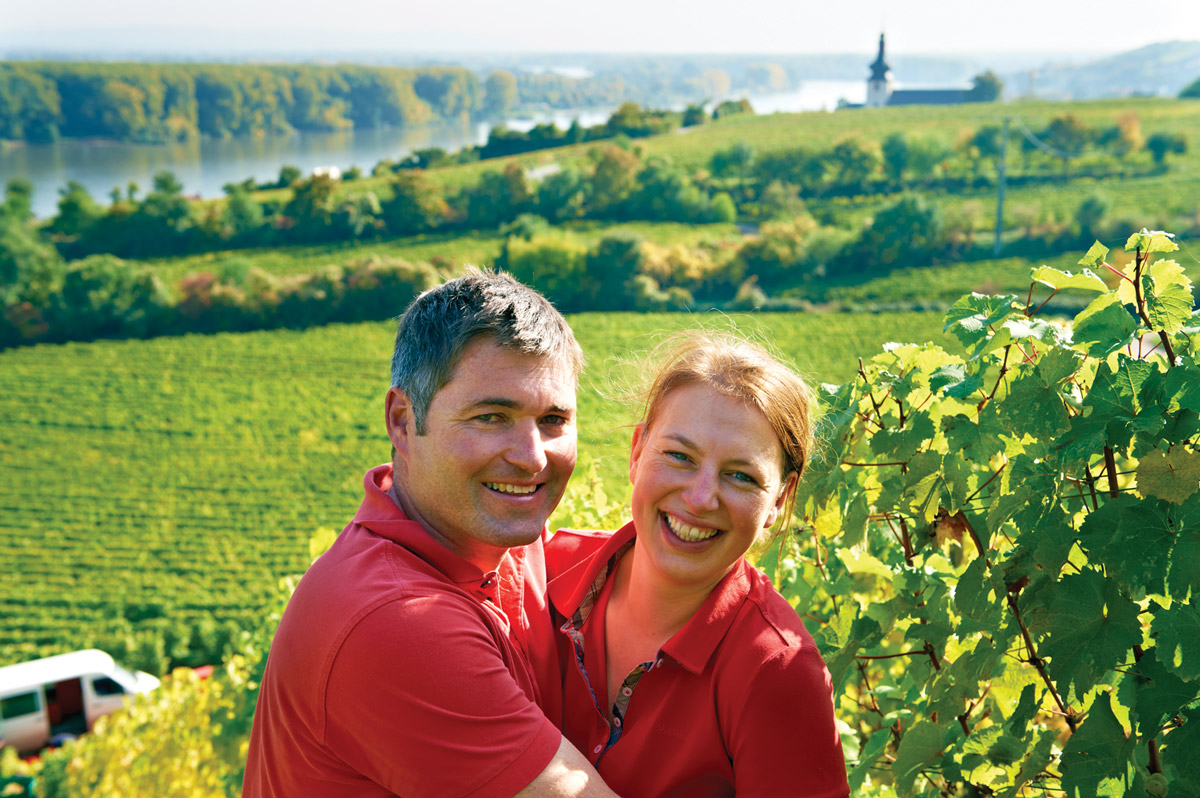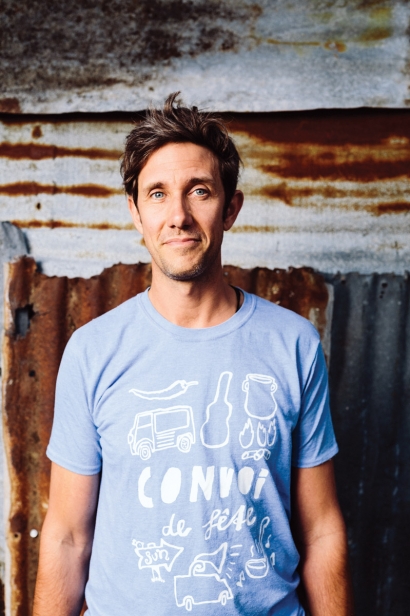Young Turks of the Wine Business
Winemaking takes years to cultivate the breadth of knowledge to consistently make extraordinary wine. This does not happen overnight and can take a good part of a generation. But some young winemakers are shaking things up, making thought-provoking wines, either generationally inherited or with no real magnetic force tying them to the business other than passion.
Transformational in Germany, specifically in the Rheinhessen, Klaus Peter Keller is a ninth-generation winemaker who, with his wife, Julia, makes some of Germany’s most electrifying wines. They produce 10,000 cases annually from under 40 acres of vineyards. Historically, the property made very good wines in an area not known for producing great ones. His parents researched their family vineyards, poring over old-fashioned priestly documents to uncover what were once considered some of the finest vineyards in Germany. Since wine is a function of the soil it’s grown in, Keller dug more than 60,000 holes around the estate to analyze even the smallest lots. This gave him micro information that has allowed him to take advantage of growing the best varietal in the best location. For such a small property, this has brought forward in the wines the full mineral expression of the soil which has become a calling card for the estate. The Kellers have worked to stay small, believing that size is key to quality. The two can be in their vineyards on a regular basis to oversee every detail of grape growing and winemaking. Look for these crystalline wines from the Rheinhessen, and then schedule a dentist visit – these wines are enamel’s biggest predator.
The super-granola, homespun California winemakers Duncan Arnot Meyers and Nathan Roberts grew up together in Napa, even went to third grade together. Nathan’s father founded a barrel cooperage and his mom was a longtime chef at Robert Mondavi winery; Duncan’s father was a Napa attorney with many wine industry friends. Duncan became a cellar rat early on and eventually became an assistant winemaker at Pax Wine Cellars, while Nathan kept in the cooperage business. Their operation is resolutely artisanal and hands-on, with maybe two other full-time employees, not including their two sons that go to winery daddy daycare or the two winery rescue dogs. They are maxed out at 5,000cs a year. Their winery is in a warehouse in Healdsburg; there’s no tasting room or self-marketed crap for sale; and their vineyards are almost all leased and scattered all over northern California. The style of the wines is pure, minimally oaked expressions of grapes from organically farmed vineyards that tend towards the cool end of the spectrum a wine geek’s nirvana!
Head to Burgundy, France, where David Croix is working with the celestial winemaker Jean-Marc Roulot at Domaine Roulot in Meursault. After 15 years as winemaker at Maison Camille Giroud, still making good value wines, Croix will continue with his own estate Domaine des Croix. He has sought to bring his viticultural contracts in line with organic principles, with a solid commitment to the holistic health of the vineyards. His Pinot Noir is 100% destemmed and then allowed to macerate in open, wooden vats. Afterwards, there is some light pressing with a pneumatic press. Some press wine may be added later to increase structure. His wines are some of the most textured and elegant wines coming from Burgundy today and it will be interesting to see what his connection to Roulot does to his already stellar work ethic.
When James Erskine was traveling through Spain, he met a winemaker called Jauma (yow mah) who was making wine with garnacha (grenache). Unlike the horrible hugely alcoholic ones from his home in Adelaide, these wines were light and agile, with a delicacy that Erskine had not seen before. A UC Davis graduate, Erskine is one of the winegrowers at the head of new Australian wine. It’s an exciting place to be growing not just natural wine, but good wine that expresses an honest sense of place, without extraction, manipulation or heavy-handedness in the winery. With curator of vineyard holdings Fiona Wood (who connects possible fruit sources to the winemaker who then farm it to their specs) and a young family that helps with label design, the Jauma wines are something never seen before from the land of roos and sensible gun control.
Alexandre Chartogne of Chartogne-Taillet is based in the village of Merfy and remains the only RM (récoltant manipulant) grower. The soil is clay, sand and sandstone over chalk, so the roots of the vines “live in two environments,” says Alexandre. Now in charge of the cellars at Chartogne-Taillet, he worked with Anselm Selosse in Avize and applies Selosse’s ideas. The family’s holdings in Merfy are so diverse and historic that it gives him way too many toys to play with from Premier Cru and Grand Cru Vineyard holdings, highlighting his passion for bright, chalk-driven bubbles.






